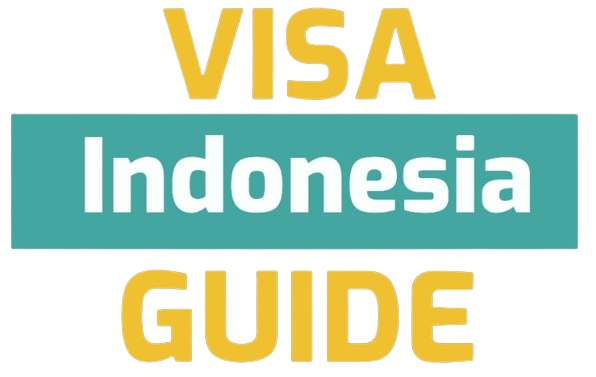Every Child Deserves an Identity: Secure Your Child’s Future with a Birth Certificate!
“Every child from birth has the right to a name and nationality status.” – Article 53, Paragraph 2, Human Rights Law
A child’s identity is their first right after birth, and it is the foundation for their future. A birth certificate is not just a piece of paper; it is a legal document that ensures your child’s name, parentage, and nationality are officially recognized. This document unlocks access to essential rights, including education, healthcare, inheritance, and civil protections.
However, many children in Indonesia still lack this critical document, leaving them invisible in the eyes of the law. Whether due to lack of awareness, financial constraints, or bureaucratic hurdles, the absence of a birth certificate can have lifelong consequences.
With the enactment of the Civil Administration Law (UU Adminduk) and the guarantee of marriage registration for all, including adherents of belief systems, every child is now entitled to a birth certificate. Don’t let your child’s future be compromised – act now to secure their identity!
Why is a Birth Certificate Essential?
A birth certificate is more than just a legal requirement – it is a gateway to your child’s rights and opportunities:
- Legal Identity: Officially recognizes your child’s name, parentage, and nationality.
- Access to Education: Required for school enrollment and scholarships.
- Healthcare Services: Essential for registering for health insurance and vaccinations.
- Civil Rights: Ensures rights to inheritance, alimony, and other legal protections.
- Future Opportunities: Needed for obtaining passports, ID cards, and other official documents.
When Should a Birth Be Reported?
According to Law No. 23 of 2006 on Population Administration:
- Indonesian Citizens: Births must be reported within 60 working days of the child’s birth.
- Foreigners: Births must be reported within 10 working days of the child’s birth.
- Stillbirths: Must be reported within 30 days of the occurrence.
Delayed registration (beyond one year) requires a court decision, making timely reporting crucial.
Types of Birth Certificates
All birth certificates hold the same legal validity but are classified based on registration timelines:
- General Birth Certificate: Issued for births reported within 60 working days (for Indonesians) or 10 working days (for foreigners).
- Special Birth Certificate: Issued for births reported after the initial deadline but within one year.
- Dispensation Birth Certificate: Issued under a government program for those born before December 31, 1985, with delayed registration.
How to Obtain a Birth Certificate
Birth certificates are issued by the Department of Civil Registration and Civil Records at the Regency/City level. Here’s what you need:
Required Documents:
- Birth Certificate from the Hospital, Doctor, Midwife, Pilot, or Ship Captain.
- Proof of Parents’ Marriage.
- Birth Certificate from the Local Sub-district Head (Lurah).
- Photocopy of Family Card/Citizenship ID Card, legalized by the Local Sub-district Head (Lurah).
For Children with Unknown Parents:
- Birth registration is based on the report of the person who found the child, along with a Police Examination Report (Berita Acara Pemeriksaan – BAP).
Why Choose Our Services?
We understand that navigating the birth registration process can be overwhelming, especially with a busy schedule. That’s why we’re here to help! Our experienced team offers:
- Expert Guidance: We simplify the process and ensure all requirements are met.
- Time-Saving Solutions: We handle the paperwork so you can focus on your family.
- Personalized Support: Tailored assistance based on your specific needs.
- Compliance Assurance: We stay updated with the latest regulations to ensure your child’s registration is seamless.
Pricing Information
The listed prices are for Bali (Badung area). Prices in other regions may vary depending on the complexity of the process and local requirements. Contact our team for accurate pricing and a customized quote based on your location and needs.
Act Now – Secure Your Child’s Future!
Your child’s identity is their first right and the foundation for their future. Don’t let bureaucratic hurdles or lack of awareness stand in the way. With the new government regulations ensuring equal rights for all, now is the time to act.
Contact us today to start the birth registration process and secure your child’s birth certificate!
#EveryChildMatters #BirthCertificate #ChildRights #IndonesiaCivilRegistration
Let us help you ensure your child’s identity is recognized and their future is protected. Together, we can build a brighter tomorrow!
Only logged in customers who have purchased this product may leave a review.



Reviews
There are no reviews yet.